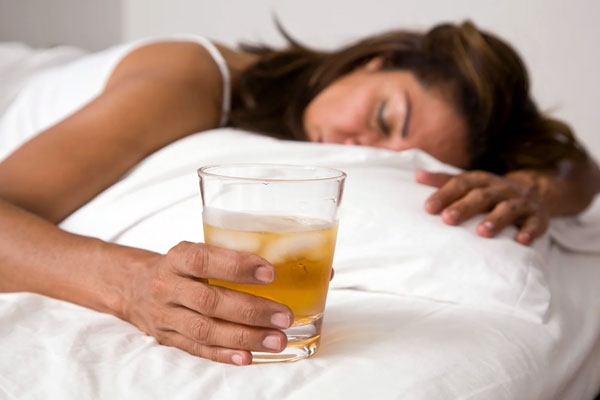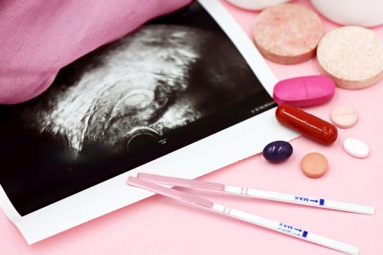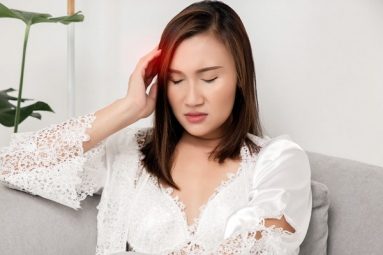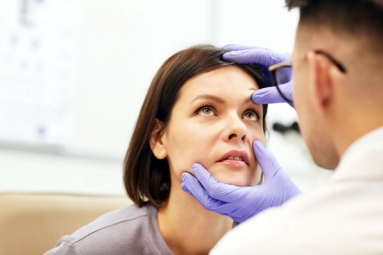
(Image source from: Canva.com)
Following a lengthy and exhausting day, many people, especially women, find that enjoying a glass of Cabernet Sauvignon helps them relax. However, for those experiencing menopause, health professionals caution that alcohol may do more harm than good. While it’s well-known that experts advise against drinking, even in moderation, those who enjoy a drink should reconsider their choices during menopause. In a recent episode of her podcast, The Goop Podcast, Gwyneth Paltrow shared her experience of how her alcohol consumption increased during the Los Angeles wildfires in January 2025, which worsened her menopause symptoms.
Usually a moderate drinker, Paltrow admitted that she began to drink every night during this stressful time, stating, "I was medicating." She also spoke about enduring intense anxiety and sleeplessness, recalling nights spent awake for hours, grappling with anxious thoughts—this was a significant shift from her normal sleeping habits. But does alcohol genuinely amplify menopause symptoms, as claimed by the Oscar-winning actress? The answer is yes. Studies indicate that while numerous women may turn to alcohol to escape menopause symptoms, it's not an advisable solution. Dr. Sarada M, a consultant obstetrician and gynecologist at Yashoda Hospitals in Hyderabad, notes, "Alcohol can significantly aggravate menopausal symptoms and elevate a woman's risk for major health problems such as heart disease, breast cancer, osteoporosis, and colorectal cancer."
The impact of alcohol extends beyond immediate effects like feeling flushed or lightheaded. On a physiological level, alcohol dilates blood vessels and increases blood circulation, which can trigger those unwelcome hot flashes and night sweats that nearly 80% of menopausal women experience. Additionally, alcohol disrupts sleep patterns, making it more difficult to remain asleep and leading to increased fatigue the following day. Moreover, it interferes with the liver's capacity to regulate estrogen levels. Dr. Sarada explains, "This hormonal imbalance can amplify mood swings, anxiety, and even depressive symptoms." Hence, while that drink might offer a temporary lift during a challenging emotional episode related to menopause, it can ultimately complicate emotional management in the long term.
The consequences of alcohol consumption don’t end there. It also hinders calcium absorption, which poses a significant risk to bone health at a time when osteoporosis is already a growing concern. Considering the calorie content of most alcoholic drinks, this adds another challenge for women managing menopause-related weight gain, which many already struggle with due to metabolic changes. "Alcohol can worsen symptoms like hot flashes, night sweats, and mood swings by disrupting hormone regulation, particularly estrogen," she adds. "It also raises cortisol levels, contributing to increased stress and poor sleep."
Professionals have emphasized repeatedly that even a single drink can be detrimental to your health. Nevertheless, if you find yourself drawn to it, you should restrict your intake to no more than one glass. Women, in particular, ought to think about reducing or completely abstaining from alcohol during menopause. This is important not only for managing symptoms but also for decreasing the likelihood of chronic health problems such as heart disease, osteoporosis, and specific types of cancer. By limiting alcohol consumption, one can support improved hormonal equilibrium and overall health during this significant transition.







